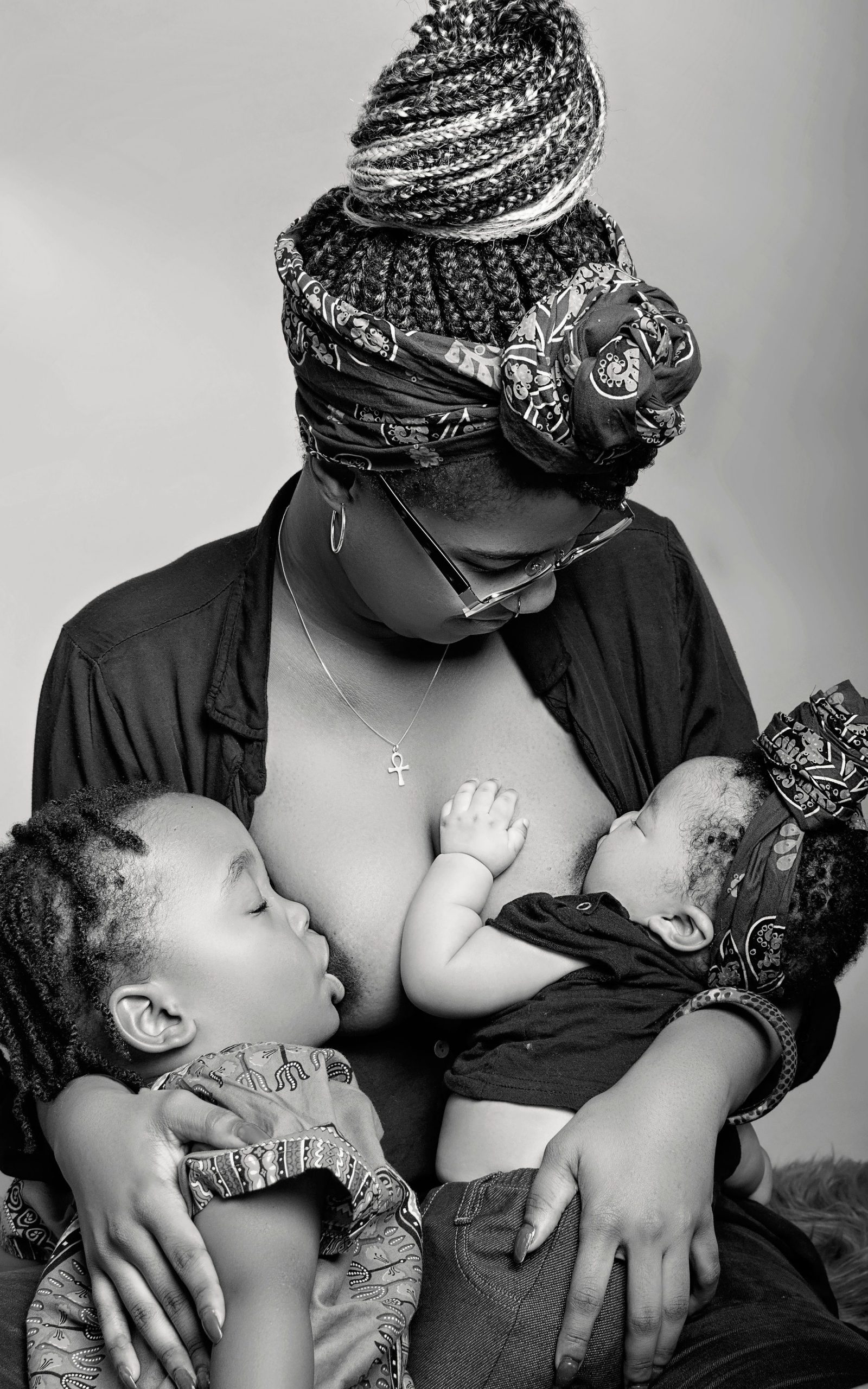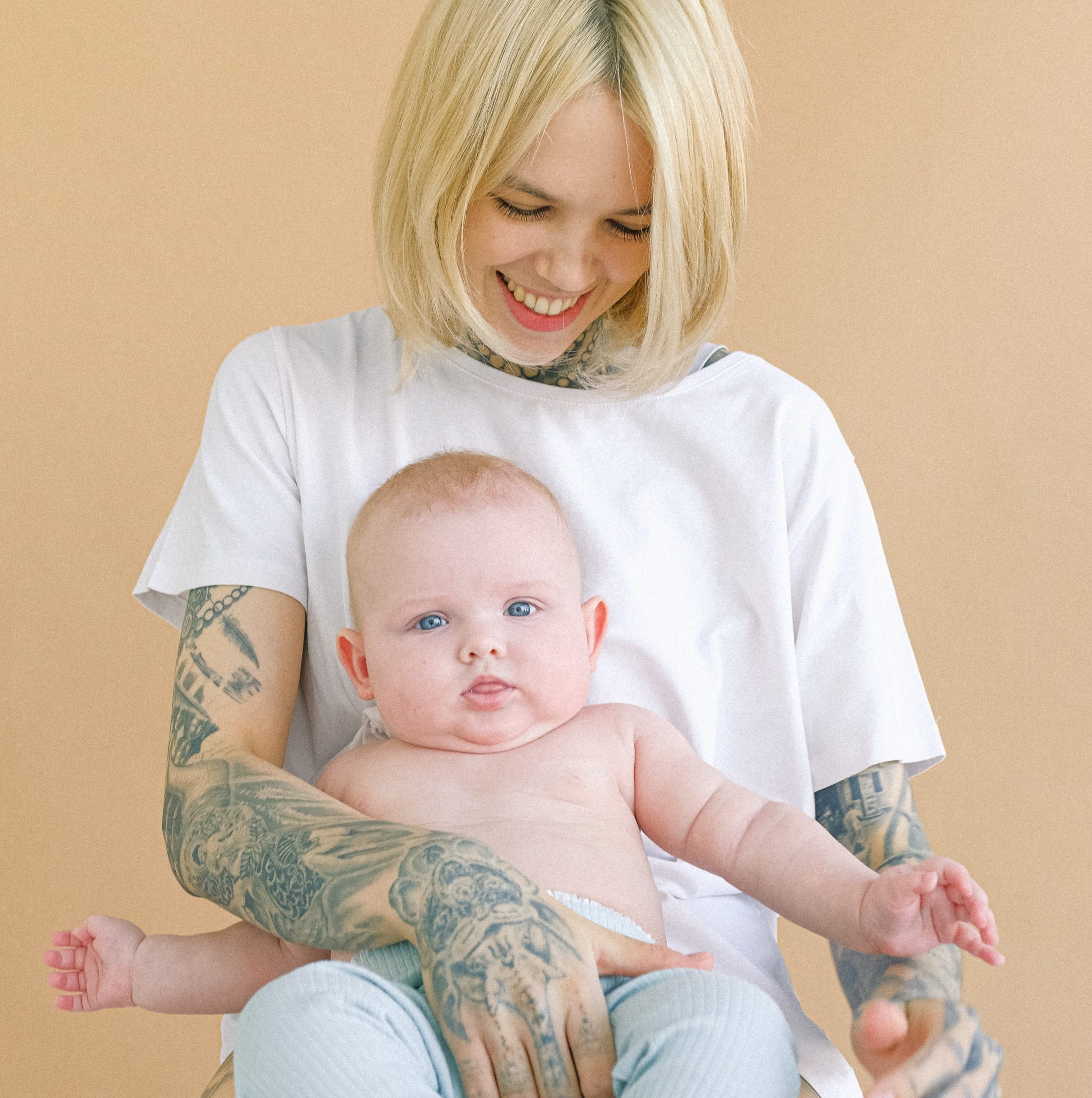What might influence a womens decision to breastfeed?
Last night we were lucky enough to have our peer support update facilitated by Louise Oliver; EN director & founder of Diversity in Infant Feeding.
Here is just a little snapshot of a couple of the themes that came up during the training:
Living in a White British ‘echo chamber’

As a company set up in North Devon, we recognise that we need to work extra hard to make sure we are being inclusive. To date the majority of our peer supporters are White British & most of those parents accessing our service are also.
With a local population that is 97% White British, it can be easy to just assume the other 3% don’t want to be involved. When actually it’s more likely that they don’t feel the space is inclusive or accessible.
Check out this interview with Louise, where she discusses her drive to set up Diversity in Infant feeding & explains some of the barriers women face to accessing support.
Check out Louises ‘Diversity in Infant Feeding’ page to keep up to date with her project
The image of a ‘breastfeeding mother’
We discussed how historically in the local area we have only had groups which advertise as supporting with breastfeeding. They can feel inaccessible to mothers who are not exclusively feeding their baby direct from the breast. I can personally remember feeling lost about where to go when struggling to get my newborn to breastfeed, at the time I was expressing & cup feeding. I didn’t feel like I was able to access a ‘breastfeeding’ group; to me they seemed to be aimed at mums who had it nailed (which was not how I felt!).

Such groups can also sometimes feed into the stereotype that breastfeeding must go along with cosleeping, cloth nappies, slings & gentle parenting. If a mother does not tick all these boxes she may not feel that she is ‘allowed’ to breastfeed. We also reflected on how it feels as a breastfeeding mother to have people assume that you fit this image.
What can we do?
Some of the actions that came from the training included:
· Making sure we ask – who’s NOT accessing support? And think about how we can make the service more inclusive to them
· To think more about how accessible our service is in terms of those who do not speak English
· To continue to provide spaces for parents to come together no matter how they choose to feed their baby, such as our online group & feeding-drop ins; breaking down the social image of ‘bottle feeding’ vs ‘breastfeeding’ mothers
· To offer support to mothers to enable them to feed their baby in a way that suits their family. One bottle of formula does not have to mean the end of their breastfeeding journey & should not be a barrier to them feeling like they can access support
Above all – remembering when we offer support to keep the mother at the center; understanding that there may be many external influencing factors at play

